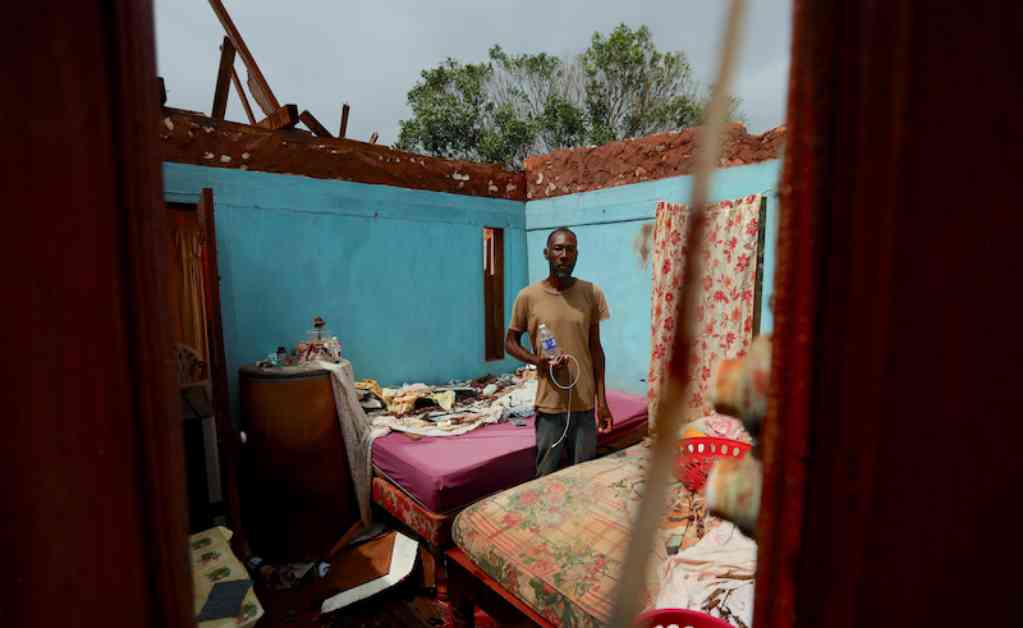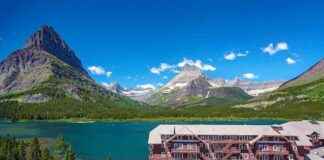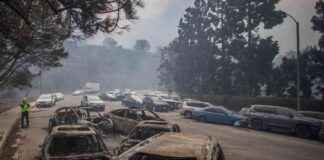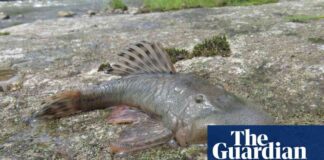Alrighty, so let’s dive into this article about the Fund for Responding to Loss and Damage (FRLD) and how they’re planning to splash $250 million until the end of 2026 on helping developing countries deal with climate-driven disasters. At a meeting in Barbados that lasted three days, the UN fund’s board got together to agree on a strategy for the start-up phase of the mechanism. The focus for now is on beefing up national responses to climate catastrophes, rather than getting down to the nitty-gritty at the community level – something that activists were pushing for.
The fund is all set to dish out grants ranging from $5 million to $20 million to project proposals from developing countries. The first round of approvals is expected to go down at the next board meeting. Governments will also have the option to snag direct budget support for emergency measures, like setting up temporary housing for folks who’ve been displaced in a disaster. The start-up phase is going by the name “Barbados Implementation Modalities” (BIM), giving a nod to the meeting’s host country. BIM is basically a nickname that Barbadians use to refer to their turf.
Most of the fund’s resources during the start-up period will be funnelled towards small island developing states (SIDS) and the world’s least developed countries (LDCs). The board went back and forth on this issue, with developed countries really pushing for it and most developing nations not fully on board. In the end, a decision was made to make sure at least 50% of the fund’s moolah goes to these vulnerable states. Richard Sherman, co-chair of the fund’s board, described the meeting as “complicated” with lots of disagreements, but hey, they managed to pull through and show that “collective, multilateral action was still a possibility.”
Alrighty, let’s talk about the big bucks. Despite pledging a hefty $768 million to the fund, governments have only coughed up $321 million so far. The Loss and Damage Collaboration, a network of NGOs in the mix, has crunched the numbers and estimated that developing countries need a whopping $400 billion a year to deal with loss and damage. The FRLD’s executive director, Senegalese banker Ibrahima Cheikh Diong, has promised a plan to attract more resources by the end of 2025. Mia Mottley, Barbados Prime Minister, had some strong words for fossil fuel CEOs, hinting that they need to pony up some cash for climate action. She even suggested slapping taxes on flights, shipping, and oil and gas extraction to rake in some dough.
Mottley’s idea of a shipping levy for climate action hit a roadblock when governments decided that the dough from penalties on polluting ship owners stays within the maritime sector. She also called out oil and gas big shots, challenging them to come to the table and chat about how they can chip in for climate action. It’s a tough crowd out there, but hey, gotta do what we can, right?














